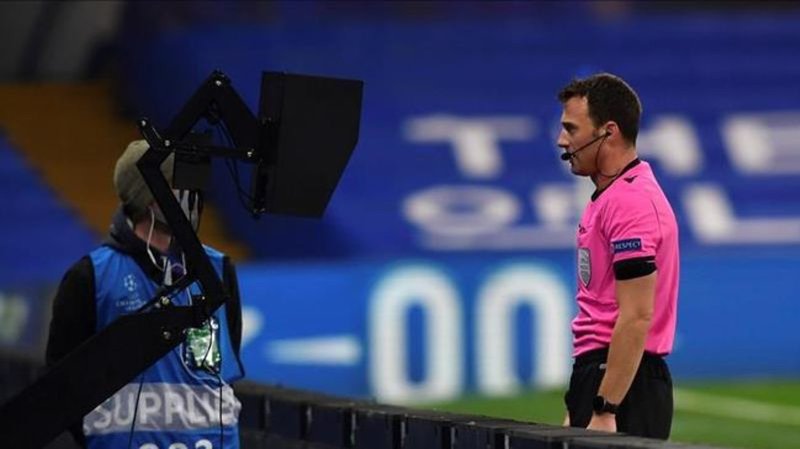
UEFA asks FIFA for handball law change to stop harsh calls
FIFA President Gianni Infantino has received a request from UEFA to adjust the handball law again to provide more flexibility for referees and prevent players being unfairly punished.
In a letter to Infantino seen by The Associated Press, UEFA President Aleksander Ceferin asked for the November meetings of the game’s lawmakers to consider allowing referees to determine again whether a player handled intentionally or not.
Ceferin’s intervention came after a spate of penalties being awarded because balls have — even unwittingly —- hit outstretched or raised arms.
“The attempt to strictly define the cases where handling the ball is an offence has resulted in many unfair decisions which have been met with growing frustration and discomfort by the football community,” Ceferin wrote.


